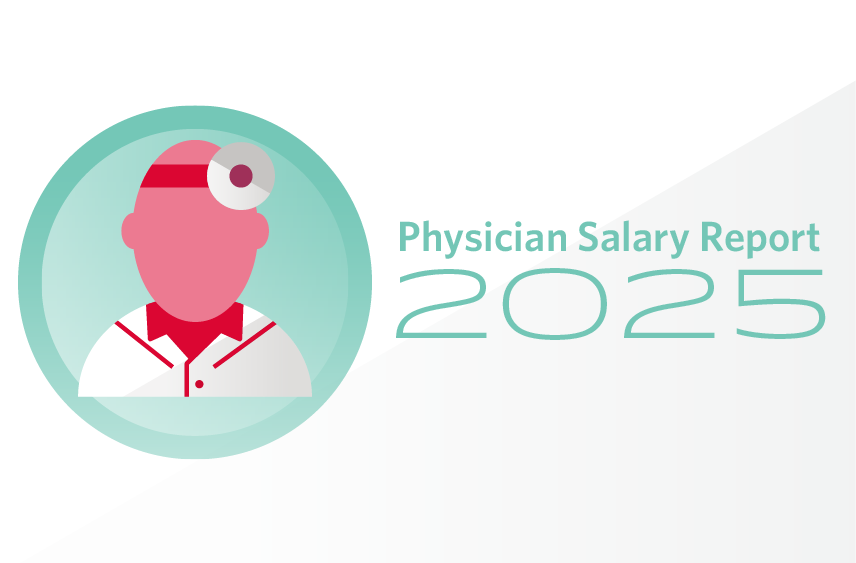Category - Physician Resources
November 18th, 2025
November 18th, 2025

September 2nd, 2025
September 2nd, 2025

July 1st, 2025
July 1st, 2025

June 10th, 2025
June 10th, 2025

February 25th, 2025
February 25th, 2025

February 13th, 2025
February 13th, 2025

December 16th, 2024
December 16th, 2024

November 25th, 2024
November 25th, 2024

November 21st, 2024
November 21st, 2024

October 14th, 2024
October 14th, 2024

